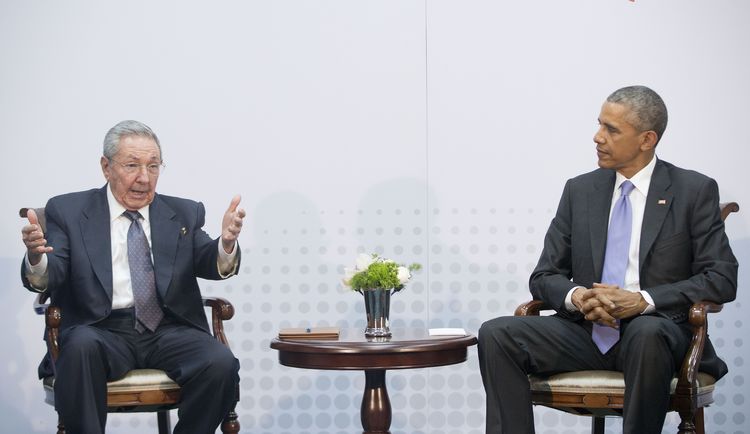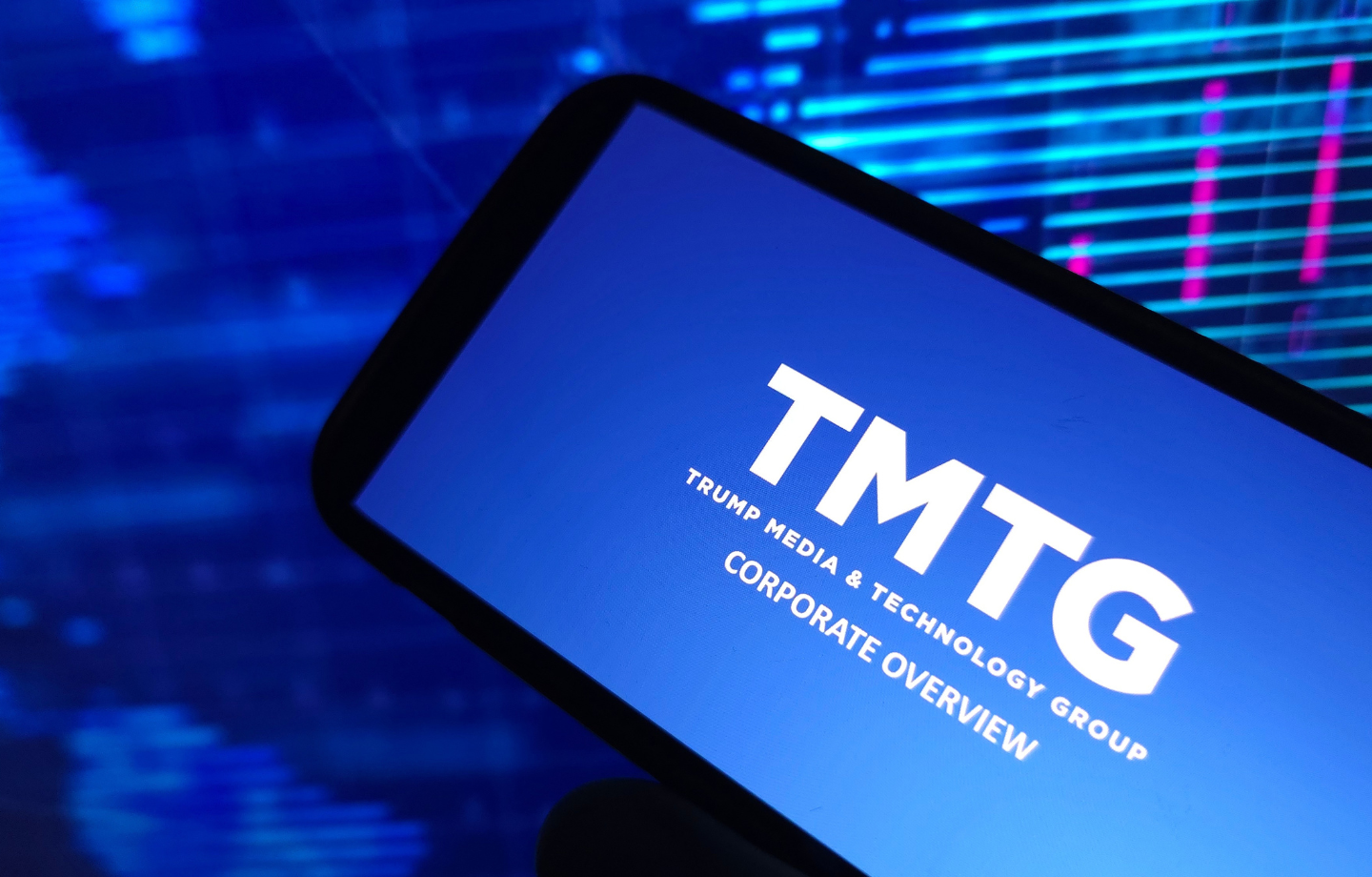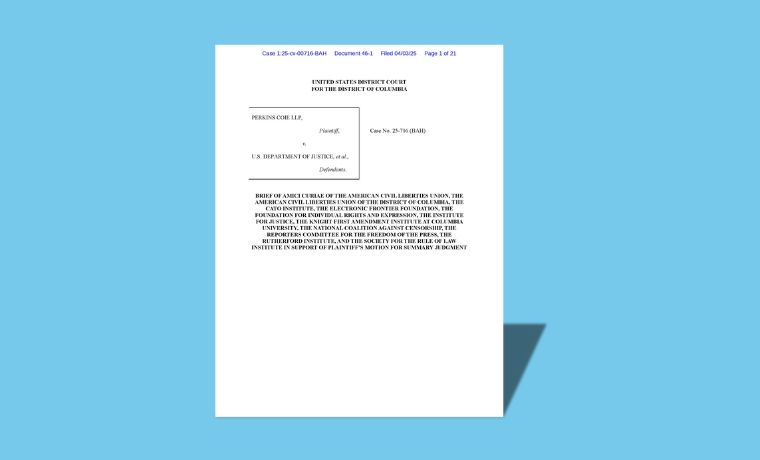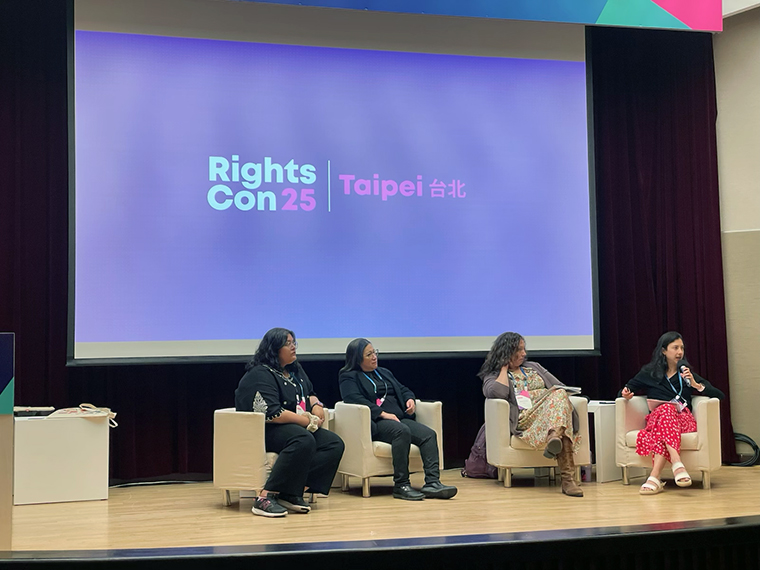Hilton in Havana: 4 Questions on President Obama’s Visit to Cuba

March 14, 2016
The President is traveling to Cuba this month on a trip that will mark another step in the much-anticipated opening of diplomatic relations with Cuba. Cuba and the United States opened their embassies in Washington and Havana last July and in February, the two countries signed a deal that paves the way for commercial air flights. Like Myanmar and Iran, Cuba is an example of the Obama Administration’s strategy of opening up previously isolated regimes to the global community, and potentially global markets. The premise of the strategy is that sanctions and isolation have not worked to bring about reforms in these tightly controlled countries. The Administration is betting that normalized diplomatic relations and openness to global commerce will help move these three regimes toward more stable, reliable, and democratic relationships with the United States and their own people.
While there is a sense of optimism about Obama’s visit and the strengthening of diplomatic relations after many years, the economic embargo can only be lifted by Congressional vote (President Obama called on Congress to do so in his most recent State of the Union). The possibility of easing sanctions will require Congressional action, at a moment when many Republicans – including all Republican presidential candidates except Donald Trump – have said they oppose the opening, especially while the Castros remain in power.
Other types of restrictions on American business activity in Cuba can be lifted through executive action. In recent months, travel restrictions have been greatly reduced, Cuba was removed from the U.S. State Sponsors of Terrorism List, direct mail is resuming, U.S. debit and credit card transaction are now allowed on the island, and restrictions on commercial flights have been lifted. That said, there has not been significant reform in the underlying political and economic structures within Cuba, even with the resumption of diplomatic relations. On the eve of the President’s visit, the Cuban Commission on Human Rights and National Reconciliation reported it had counted at least 1,141 political arrests in February, the third-highest tally since January 2010. There’s a long way to go for Cuba to be open for American business on a meaningful scale.
But the President’s trip this month is a signal that long-awaited business opportunities are a greater possibility than at any point in recent memory. Companies seeking to invest in Cuba will face a long closed society with a repressive environment for human rights that is among the most repressive in the world. According to the U.S. State Department’s reporting, the Cuban people are subject to pervasive government monitoring, harassment and detention to prevent free expression and peaceful assembly, heavy restrictions on the use of the Internet, circumscribed academic freedom, limits on the ability of religious groups to meet and worship, and arbitrary detention and arrest, among others.

Companies that are most likely to invest in Cuba are those that specialize in hotels, construction, tourism, and medical services. In January, Reuters reported that executives from Marriott, Hilton, and Radisson had held talks with Cuban officials in anticipation of easing restrictions. Ted Middleton, Hilton’s senior vice president of development in Latin America, told Reuters, “We’re all very interested. When legally we’re allowed to do so we all want to be at the start-line ready to go.”
As the President prepares to become the first U.S. president since Calvin Coolidge to travel to Havana, here are four areas to watch from a business and human rights perspective:
- Will President Obama meet with dissidents and human rights activists?
The President has an opportunity to send an important signal about the role of human rights in the opening with Cuba. When the embassy opened in Havana in July 2015, dissidents were not invited to the ceremony with Secretary Kerry. In Myanmar, Secretary Clinton (supported by then-Assistant Secretary for Democracy, Human Rights, and Labor Mike Posner), linked the easing of sanctions with the military junta’s release of thousands of political prisoners, several of whom stood for election in the historic 2015 election. The Administration did not condition resumption of diplomatic relations on improvements in human rights in Cuba. Going forward, will there be human rights benchmarks as a condition of further economic opening? - How much control will the Cuban state continue to exert over the economy?
Government officials are the perpetrators of much of the human rights abuse in Cuba, where the state controls 95% of the economy. As opportunities for investment open up, including construction of large-scale infrastructure projects to support tourism, these investments will be joint ventures between American companies and state-owned enterprises, as has been the case with European investment for many years. As it considers executive and Congressional action to loosen restrictions on investment, the U.S. government should develop strategies to ensure that investment does not enrich human rights abusers. Companies should be very clear-eyed about who their business partners are and seek a high degree of transparency about their relationships with the Cuban government. - If further restrictions are lifted, what kinds of requirements will the Administration and/or Congress consider imposing on American companies seeking to invest in Cuba?
In Myanmar, the executive branch implemented reporting requirements for any U.S. person investing more than $500,000 or in the oil and gas sector. Since 2013, 17 companies have submitted reports to the State Department. These reports are intended to inform the Department’s engagement with companies to encourage them to develop “robust policies and procedures to address a range of impacts resulting from their investments in Burma” and empower civil society to monitor company actions that might affect human rights. American investment in Myanmar has been modest (only $2 million since 2013, as compared to $1.3 billion by UK firms). If restrictions begin to be lifted, investment in Cuba is likely to be much more significant, and much closer to home. Reporting requirements like those in Myanmar likely will be on the table, but Congress may expect more safeguards designed to ensure that American companies do business in Cuba in a way that supports a climate of respect for human rights. - How much control of the Internet is the Cuban government willing to let go?
Cuba’s restrictions on access to the Internet and the free flow of information are among the tightest in the world. The vast majority of Cubans do not have access to computers, phones, or Internet cafes. Access to the (censored) Internet is largely restricted to foreign hotels and prohibitively expensive Internet cafes, where an hour of connectivity costs as much as a week’s salary. Yoani Sanchez is Cuba’s most well-known blogger and free speech activist. Her widely read blog (President Obama is a fan) highlights the lengths the Cuban government is willing to go to restrict free expression and connectivity among the Cuban people. With telecom and banking services as a prerequisite for significant investment, the government will have to release its grip on the Internet to attract American companies. Countries can’t separate a commercial intranet from a political intranet; Internet openness should be a bellwether for companies that will rely on a connected business environment.
There’s a long way to go before there’s a Hilton in Havana. But as the prospect becomes more real, now is the time to start thinking about how American companies will confront human rights challenges in Cuba. The Cuban people should benefit from greater openness with the world, including integration with global markets. American companies have a role to play in entering the Cuban market in a way that improves the human rights of the Cuban people.
 Business & Human Rights Leadership
Business & Human Rights Leadership


